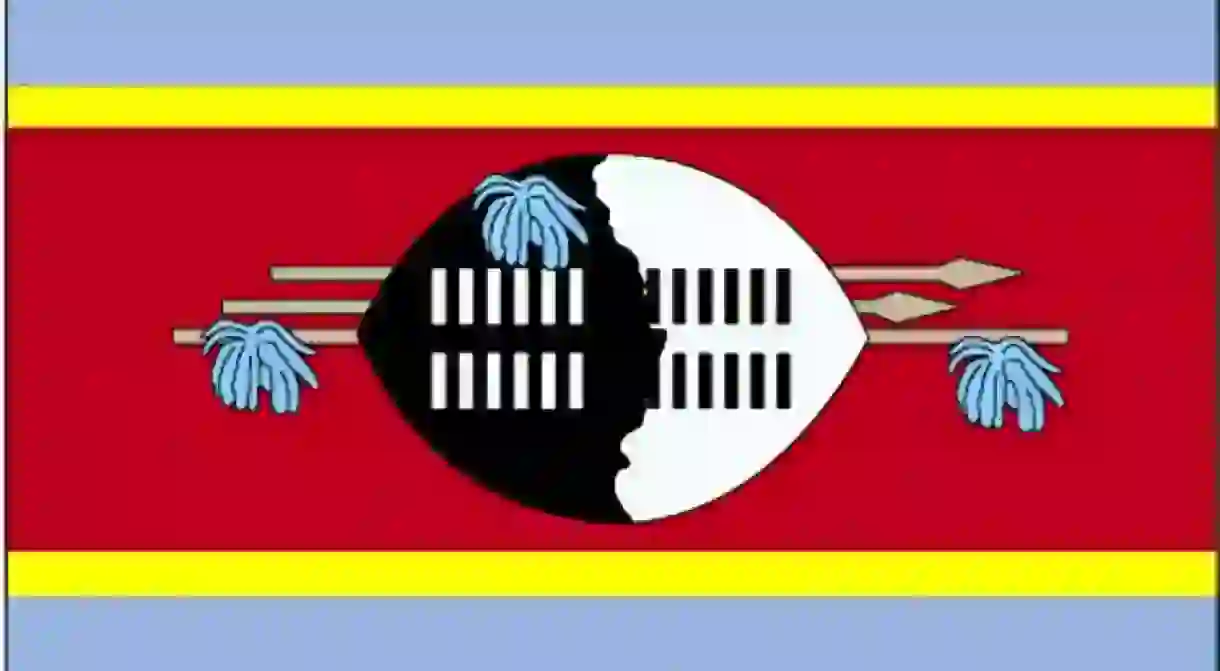From Swaziland to eSwatini: the Story of the Kingdom's Name Change

On April 19, 2018, King Mswati III announced that the African nation of Swaziland would be renamed ‘the Kingdom of eSwatini’ during the country’s independence day celebrations. While the King had been referring to the country as the Kingdom of eSwatini for many years, the official name change came as something of a surprise.
Background
The name eSwatini, which means ‘place of the Swati people’ in the local language siSwati, was used before the country was colonised by the British in 1906. Swaziland – which is situated between South Africa and Mozambique – was under British control for 66 years before becoming independent in 1968. Unlike other African countries, the tiny, landlocked nation did not change its name when it gained its independence from British colonial rule. The African countries that did change their names upon gaining independence include Botswana (previously Bechuanaland), Ghana (the Gold Coast), Lesotho (Basutoland), Malawi (Nyasaland) and Zimbabwe (Rhodesia).

The King’s speech
During his speech announcing that the country would be reverting to its original name, the King said: “As we are aware, the name Swaziland was inherited from the British. If we are to give true meaning to our independence, time has come to give our country a name of its people. It must be said that this process is long overdue… Therefore, I have the pleasure to present to you, on this historic day, a new name for the kingdom. Our country will now be called Kingdom of eSwatini”. He also noted the name Swaziland had caused confusion, with some people referring to the nation as Switzerland.
Reaction to the change
While many people in the country have praised the return to the country’s siSwati name, the announcement hasn’t come without criticism. Human rights activist Thulani Maseko has challenged the name change in the High Court, saying it’s against the country’s constitution to change the name without public consultation and arguing it’s a waste of money. However, it’s unlikely this opposition will be successful because, as the country is the last absolute monarchy in Africa, the King of eSwatini has supreme, unrestricted power.

The future
The process of adopting the new name across all platforms will include updating official documents, signage and paperwork, as well as name changes for the Royal Swaziland Police Service and the University of Swaziland – to name just a couple of institutions. The country’s constitution, which mentions the name Swaziland over 200 times, may have to be re-written entirely. Citizens’ passports, though, already mention the phrase ‘Kingdom of eSwatini’ along with the previous name of Swaziland, so may not need to be changed immediately.
The full roll-out is expected to take years, and it’s not yet clear how much it will cost. However, what is clear is that, unless the High Court overrules the decision, the new name is going to stick.













